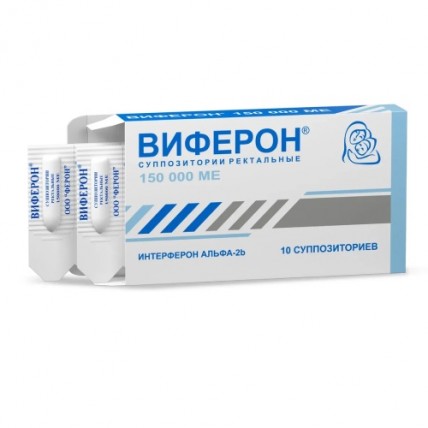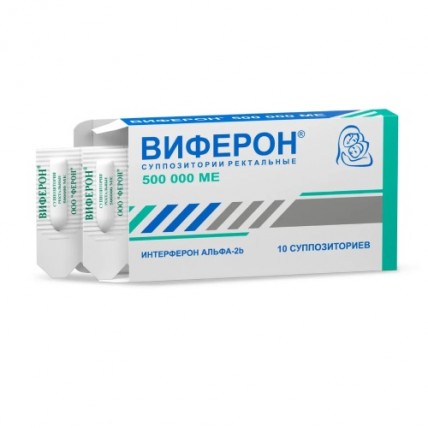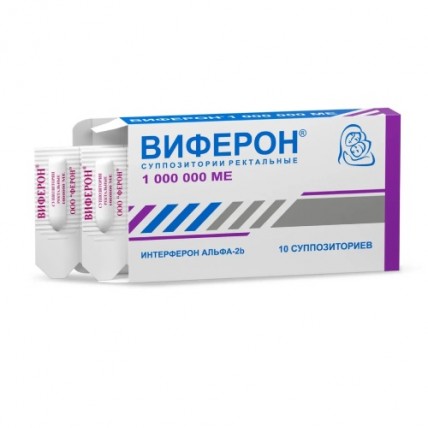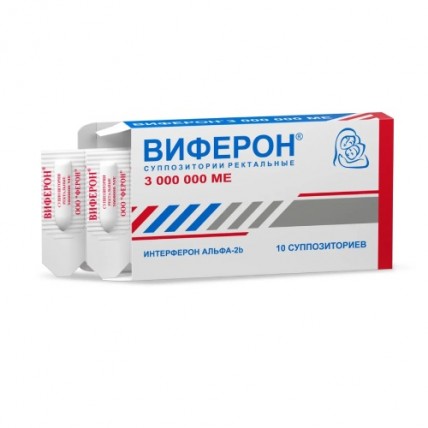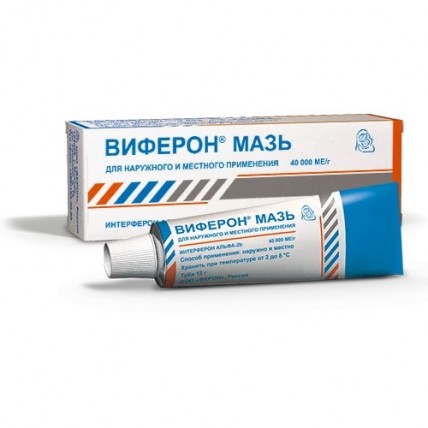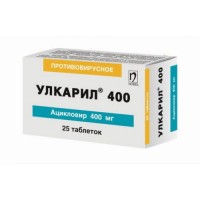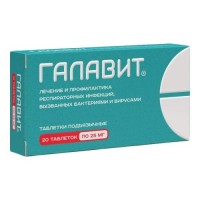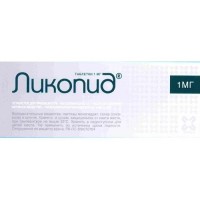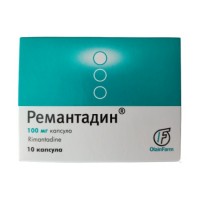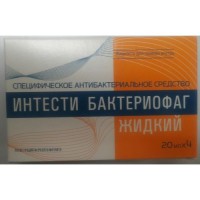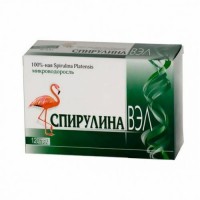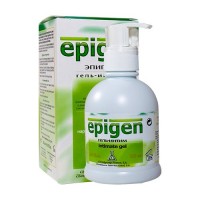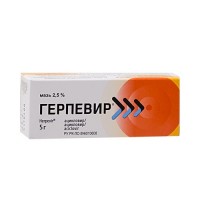VIFERON® (Interferon Alfa-2b) Suppositories and Ointment
- $35.00
What is VIFERON®?
VIFERON® is a medication that contains human recombinant interferon alpha-2b.
It is available in different forms, such as suppositories and ointments, which are used to treat a wide range of viral and inflammatory diseases.
VIFERON® is particularly helpful in managing respiratory infections, hepatitis, and certain herpes infections.
Its immune-modulating properties help the body fight off infections more effectively.
What is Interferon Alpha-2b?
Interferon alpha-2b is a recombinant protein that mimics the natural interferons produced by the body’s immune system. It is classified as an immune-modulating agent, meaning it enhances the body’s natural defenses to fight off infections and abnormal cell growth. Interferon alpha-2b works by inhibiting the replication of viruses, slowing their ability to spread, and stimulating immune cells like macrophages and lymphocytes to attack infected or cancerous cells.
This powerful immune boost makes interferon alpha-2b effective in treating a wide range of viral infections, such as hepatitis B, C, and D, as well as respiratory infections like the flu. Additionally, it is used in therapies for certain types of cancers due to its ability to slow tumor growth and enhance the body’s immune response.
In products like VIFERON®, interferon alpha-2b is combined with antioxidants like vitamin E and C, which further enhance its immune-supporting properties. This combination helps reduce inflammation and supports faster recovery in patients with compromised immune systems.
Interferon alpha-2b is widely used in both adults and children, including newborns, making it a versatile and essential component in the treatment of viral and immune-related conditions.
How is VIFERON® Used?
VIFERON® is available in two forms, each suited for different conditions: rectal suppositories and ointment.
Here’s a look at how they are used:
VIFERON® Suppositories:
VIFERON® suppositories are administered rectally and are used as part of a complex therapy for various viral infections and inflammatory diseases in both children and adults.
The treatment depends on the condition and the patient's age:
Acute respiratory viral infections, including flu (with bacterial complications):
- Adults, including pregnant women, and children over 7 years old: 1 suppository (500,000 IU) twice daily (every 12 hours) for 5 days.
- Children under 7 years old, including newborns and premature infants (gestational age over 34 weeks): 1 suppository (150,000 IU) twice daily (every 12 hours) for 5 days.
- Premature newborns (gestational age under 34 weeks): 1 suppository (150,000 IU) three times daily (every 8 hours) for 5 days.
Children at risk of complications and prolonged disease course:
- From 1 month to 3 years old: 1 suppository (500,000 IU) twice daily (every 12 hours) for 5 days, then 1 suppository (150,000 IU) twice daily (every 12 hours) for the next 5 days.
- Children from 3 to 7 years old: 1 suppository (500,000 IU) twice daily (every 12 hours) for 5 days, followed by 1 suppository (500,000 IU) in the morning and 1 suppository (150,000 IU) in the evening for the next 5 days.
- Children 7 to 18 years old: 1 suppository (1,000,000 IU) in the morning and 1 suppository (500,000 IU) in the evening for 5 days, followed by 1 suppository (500,000 IU) twice daily (every 12 hours) for the next 5 days.
Infectious-inflammatory diseases in newborns, including premature infants:
Used in the treatment of pneumonia, meningitis, sepsis, and congenital infections (e.g., herpes, cytomegalovirus).- Newborns, including premature infants (gestational age over 34 weeks): 1 suppository (150,000 IU) twice daily (every 12 hours) for 5 days.
- Premature infants (gestational age under 34 weeks): 1 suppository (150,000 IU) three times daily (every 8 hours) for 5 days.
Recommended number of courses for various infectious-inflammatory conditions:
- Sepsis: 2-3 courses, pneumonia, meningitis: 1-2 courses, herpes: 2 courses, enterovirus infection: 1-2 courses, cytomegalovirus: 2-3 courses, mycoplasmosis and candidiasis: 2-3 courses. The interval between courses is 5 days. Therapy can be extended based on clinical indications.
Chronic viral hepatitis B, C, D in children and adults:
Used in combination with plasmapheresis and hemosorption for cases complicated by cirrhosis.- Adults: 1 suppository (3,000,000 IU) twice daily (every 12 hours) for 10 days, then 3 times a week for 6-12 months.
- Children under 6 months: 300,000 - 500,000 IU per day.
- Children 6 to 12 months: 500,000 IU per day.
- Children 1 to 7 years old: 3,000,000 IU per square meter of body surface area per day.
- Children over 7 years old: 5,000,000 IU per square meter of body surface area per day.
The daily dose is calculated using body surface area, and the total daily dose is split into two doses. Treatment duration is based on clinical and laboratory outcomes.
Chronic active hepatitis with cirrhosis:
- Children under 7 years: 1 suppository (150,000 IU) twice daily for 14 days before plasmapheresis/hemosorption.
- Children over 7 years: 1 suppository (500,000 IU) twice daily for 14 days.
Infectious-inflammatory diseases of the urogenital tract (e.g., chlamydia, CMV, ureaplasmosis, HPV):
- Adults, including pregnant women: 1 suppository (500,000 IU) twice daily for 5-10 days. Treatment may continue based on clinical needs.
Pregnant women (starting from the second trimester): 1 suppository (500,000 IU) twice daily for 10 days, followed by treatment every 3 days for 9 days. Then, every 4 weeks until delivery, 1 suppository (150,000 IU) twice daily for 5 days. At 38 weeks, the dose is increased to 500,000 IU twice daily for 10 days.
Primary or recurrent herpes infection (skin and mucous membranes, including genital forms):
- Adults: 1 suppository (1,000,000 IU) twice daily for 10 days. Treatment can continue based on clinical needs. It’s recommended to begin treatment at the first sign of infection (itching, burning, redness).
- Pregnant women: The same dosing as for adults starting from the second trimester.
Viral meningitis in children:
- Children 4 to 11 years old: 1 suppository (1,000,000 IU) twice daily for 7 days, followed by 1 suppository (1,000,000 IU) once daily at night for 7 days.
- Children 12 to 18 years old: 1 suppository (3,000,000 IU) twice daily for 7 days, followed by 1 suppository (3,000,000 IU) once daily at night for 7 days.
Chronic bacterial prostatitis in adults:
- Adults: 1 suppository (1,000,000 IU) twice daily for 20 days.
VIFERON® Ointment:
This is applied topically to treat infections such as herpes and to help in managing respiratory infections like the flu in children.- For flu and respiratory infections: Applied to the nasal passages for children aged 1 year and older.
- For herpes: Applied directly to the affected skin or mucous membranes.
Who Can Use VIFERON®?
VIFERON® is safe for a broad range of patients, including newborns, children, adults, and even pregnant women after 28 weeks.
However, it is contraindicated for those who have hypersensitivity to any of its components.
For example, children under 1 year cannot use the ointment form, and for herpes treatment, it is restricted to adults over 18 years.
What Conditions Does VIFERON® Treat?
VIFERON® is used as part of a complex therapy for various infections, including:
- Newborn infections: Pneumonia, sepsis, meningitis, and congenital infections like herpes and cytomegalovirus.
- Viral hepatitis: Chronic hepatitis B, C, and D, in both children and adults.
- Pregnancy-related infections: Chlamydia, herpes, and other infections affecting the genital tract.
- Respiratory infections: Flu and other viral infections that may be complicated by bacterial infections in adults and children.
How Should VIFERON® Be Stored?
Proper storage is essential to maintain the efficacy of VIFERON®.
Both the suppositories and ointment must be stored at temperatures between 2°C and 8°C (36°F to 46°F), away from light and out of children’s reach.
The ointment has a shelf life of two years, and once opened, it should be used within three months.
Are There Any Side Effects?
VIFERON® is generally well-tolerated, but minor side effects can occur.
For suppositories, allergic reactions such as skin rashes and itching are rare but reversible and usually disappear within 72 hours of discontinuation.
When using the ointment, mild nasal symptoms like sneezing and irritation may occur but are temporary.
Can Pregnant or Breastfeeding Women Use VIFERON®?
Yes, VIFERON® can be used during pregnancy, starting from the 28th week.
It is also safe for breastfeeding mothers as the medication has low systemic absorption when applied topically.
What Should You Do If You Miss a Dose?
If a dose is missed, there is no need to worry about taking extra precautions.
Simply continue the treatment as scheduled without doubling the dose.
What Studies Confirm the Safety and Efficacy of VIFERON®?
VIFERON® has undergone comprehensive preclinical and clinical trials, including multicenter, double-blind, placebo-controlled studies, in line with Russian regulations. Since 1996, more than 79,000 patients have participated in these studies, including 50,570 children and 12,300 pregnant women.
A total of 17 large-scale clinical trials have been conducted at 64 leading research centers across Russia. Currently, five ongoing clinical trials are further exploring VIFERON®’s applications.
Clinical Evidence Supporting VIFERON®
VIFERON® has shown effectiveness in treating conditions such as acute respiratory infections (ARVI), COVID-19, flu with pneumonia, chronic bacterial prostatitis, herpes infections, viral meningitis, and chronic viral hepatitis in children and adults, including pregnant and breastfeeding women. Its results have been published in over 175 scientific articles, with many indexed in international databases like PubMed and Scopus.
Clinical Trials from 1996 to Present
Numerous studies, including randomized, double-blind, placebo-controlled trials, have confirmed the high efficacy and good tolerance of VIFERON® in children, newborns, premature infants, and adults, including pregnant women.
VIFERON® in the Essential Medicines List
VIFERON® is listed in Russia's List of Vital and Essential Medicines, affirming its importance in medical treatments.
Preclinical Studies
Preclinical research has shown that VIFERON® is non-toxic in both acute and chronic tests, with no negative effects on pregnancy, fetal development, or reproductive health. Even at doses 120 times higher than the therapeutic level, it did not cause toxicity in animals, confirming its safety for long-term use.
